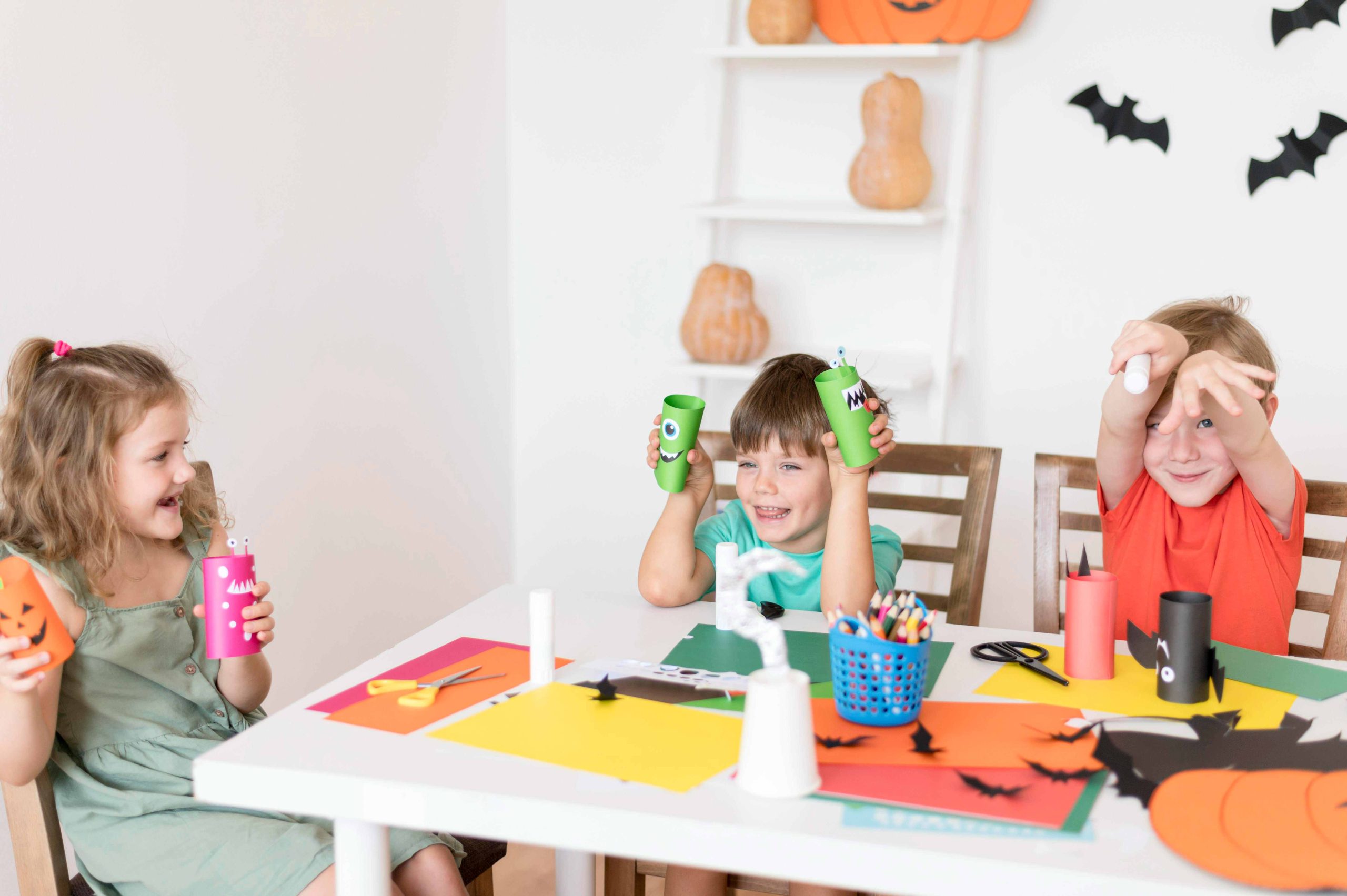
Kindergarten vs Preschool: The Critical Differences in Early Childhood Education
As parents, we all want our preschoolers to have the best possible start in life. We want them to be happy, healthy, and successful. One of the ways we can help achieve this is by choosing the right early childhood education program. But with so many options available, it can be confusing to know which is best. In this article, we will explore the critical differences between kindergarten and preschool, so you can make an informed decision for your child.
Understanding Preschool
What is Preschool?Preschool is an early childhood education program designed for children between the ages of 3 and 5. It serves as a bridge between home and primary school, focusing on developing social, emotional, cognitive, and physical skills through play-based learning.
Understanding Kindergarten
What is Kindergarten?Kindergarten is an early childhood education program designed for children between the ages of 4 and 6. It prepares children for primary school through structured learning, focusing on literacy, numeracy, and problem-solving skills.
Curriculum and Teaching Approaches
Curriculum DifferencesPreschool emphasizes play-based learning, fostering creativity, imagination, and critical thinking skills. Kindergarten, on the other hand, adopts a more structured approach, focusing on specific skills and concepts necessary for primary school success.
Teacher Qualifications and Program Length
Teacher QualificationsPreschool teachers hold a Certificate III in Early Childhood Education and Care, while kindergarten teachers require a Bachelor of Education (Early Childhood). This reflects the difference in educational approaches and program goals.
Length of ProgramPreschool programs typically run for 3-4 hours per day, recognizing children’s shorter attention spans and need for breaks. Kindergarten programs are longer and more structured, preparing children for the demands of primary school.
Importance of Early Childhood Education
Early childhood education lays the foundation for lifelong learning and success. High-quality programs have been shown to improve academic performance, social and emotional skills, health outcomes, and long-term earnings.
Choosing the Right Program
When selecting a preschool or kindergarten program, consider factors such as program quality, play-based learning opportunities, social and emotional development focus, parent involvement, and curriculum alignment with your child’s needs and developmental stage.
Conclusion
Early childhood educators play a vital role in children’s development, creating nurturing environments where they can thrive. Play-based learning is crucial for fostering creativity, social skills, and academic readiness. Inclusive support for children with special needs ensures that every child can reach their full potential.
The Long-Term Impact
Investing in early childhood education yields significant long-term benefits, including higher educational attainment, increased earnings, and reduced societal costs associated with crime and healthcare.
By understanding the critical differences between preschool and kindergarten and making informed choices, parents can give their children the best possible start in life.


